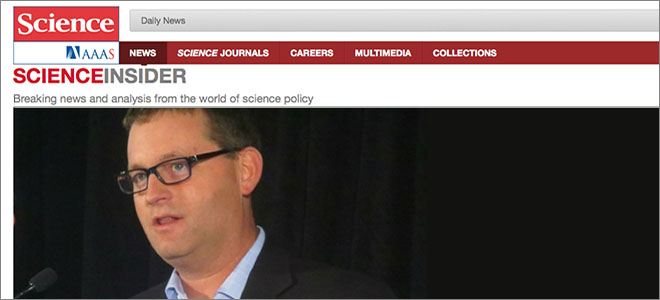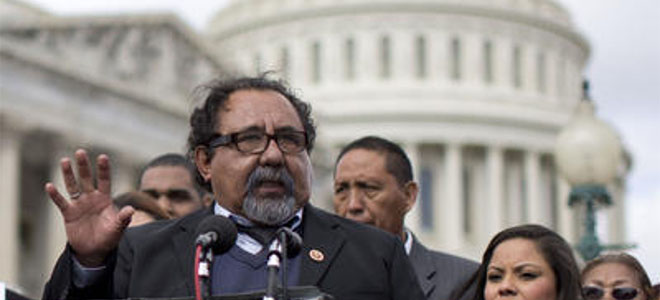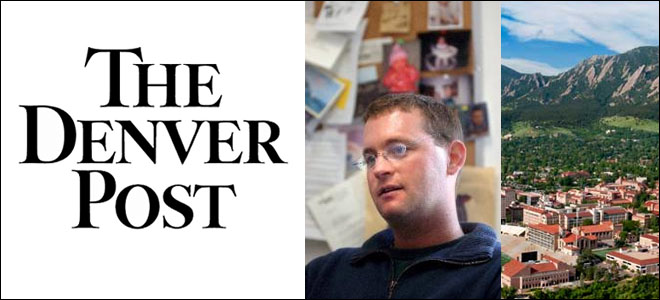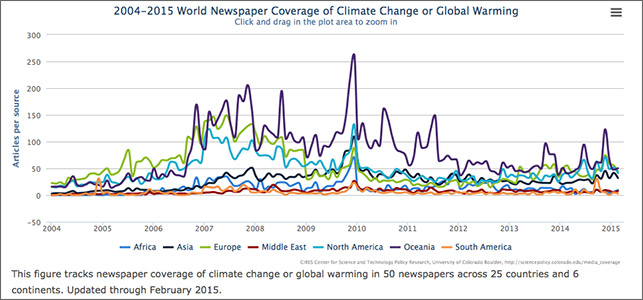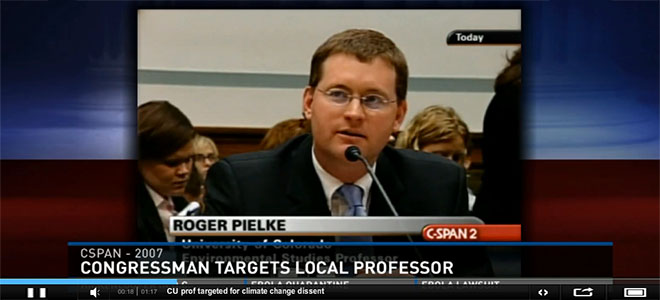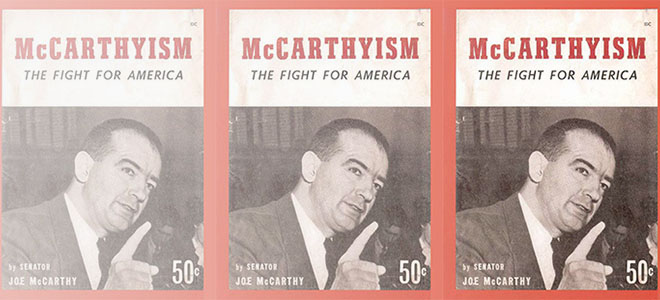Energy Collective
March 5, 2015
by Michael Shellenberger & Ted Nordhaus
On April 23, 2010, the Attorney General of the state of Virginia, Ken Cuccinelli, initiated an investigation into the research of climate scientist Michael Mann. Mann is the creator of the so-called “hockey stick” graph, which used tree-ring measurements and other proxies to show that average global temperatures have spiked dramatically since the onset of the Industrial Revolution. Mann’s research was cited by the United Nations Intergovernmental Panel on Climate Change (IPCC), but was controversial among climate skeptics.
Scholars rightly viewed Cuccinelli’s investigation as ideologically motivated. The Faculty Senate at the University of Virginia issued a statement saying the Attorney General’s actions sent “a chilling message to scientists engaged in basic research involving Earth’s climate.” Professors at Old Dominion University in Norfolk, Virginia, issued a statement saying the Attorney General’s actions “echo some of the worst offenses of the McCarthy era.”
Happily, Cuccinelli’s investigation never got off the ground. In March 2012, Virginia’s Supreme Court dismissed the investigation, ruling that the Attorney General did not have the legal authority to demand any records from the university.
At the time, Democratic politicians including, Massachusetts Senator Ed Markey, denounced Cuccinelli’s investigation as “intimidation tactics” and “a threat to academic freedom and open scientific inquiry.” But this week they started using the very same tactics against climate scientists with whom they disagree.
On Tuesday, Representative Raul Grijalva, a Democratic Congressman from Arizona, sent letters to seven university presidents, asking them to release information on funding sources for university professors. And Sen. Markey, who held a House hearing on Cuccinelli’s investigation of Mann, announced he had begun a related investigation.
One of the professors under investigation is Roger Pielke, Jr., who has been an unpaid Senior Fellow at Breakthrough Institute since 2007. Pielke is a tenured environmental studies professor at the University of Colorado, Boulder, and a leading researcher on climate change and weather extremes.
Grijalva’s beef with Pielke is plainly ideological. Pielke is not a climate skeptic. He has long affirmed the view that human emissions of greenhouse gases are warming the planet, and his work on weather extremes has been widely cited by the IPCC. Moreover, he has endorsed a carbon tax and President Obama’s carbon pollution regulations.
But because his research finds that there has been no identifiable increase in the cost and human impacts of natural disasters due to human-caused global warming — a finding that the IPCC has endorsed — he has become a target of environmental activists and now, the ranking Democratic member of the House Natural Resources Committee.
In advance of multiple testimonies before Congressional committees, Pielke has affirmed that he has no financial conflicts of interest. Grijalva has offered no evidence to the contrary. Rather, Grijalva’s investigation is part fishing expedition, part innuendo campaign. It won’t find nefarious funding of Pielke’s research. But it will drag his good name and reputation through the mud — especially in an era where long debunked accusations take on a life of their own in the blogosphere. Long after Pielke’s name is cleared, accusations that his research is funded by the fossil fuels industry, and old links to the news stories that ran when Grijalva publicized the letters, will live on in cyberspace. Read more …



